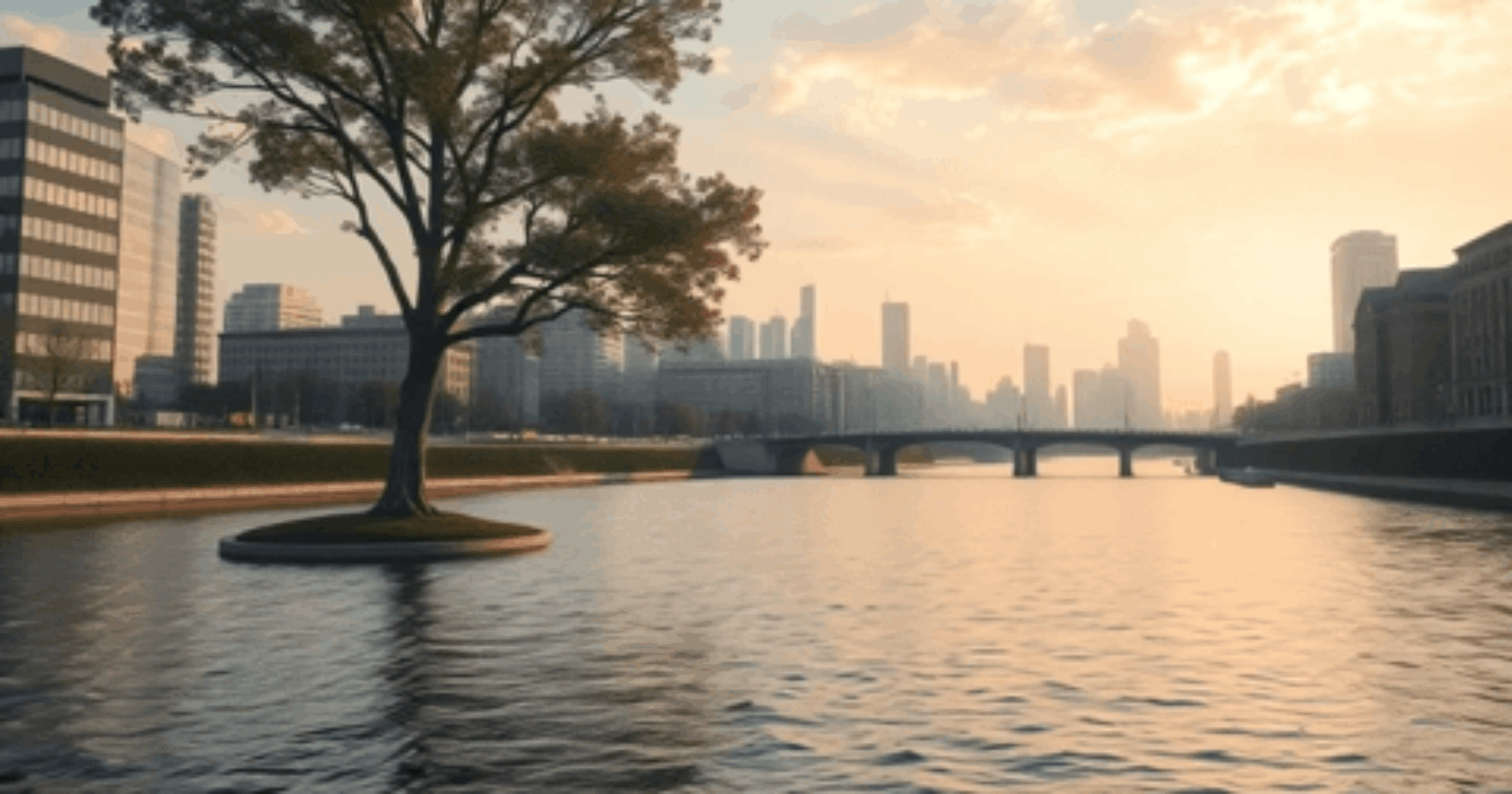Romans 12:18-21 reminds us, “If it is possible, as far as it depends on you, live at peace with everyone.” This call to peace is an invitation and a profound challenge, urging us to become beacons of hope even amidst despair.
Living at peace doesn’t mean ignoring the pain or the chaos; instead, it’s about choosing to respond with love and understanding. When we witness the heartbreaking aftermath of gun violence, we are called not only to mourn but also to act. No matter how small, each act of kindness becomes a seed planted in the soil of our shared humanity. In the aftermath of violence, we can choose to rise and extend our hands in compassion.
The passage also encourages us to “overcome evil with good.” This is a radical notion, like turning the tide of a mighty river. It invites us to respond to hatred not with retaliation but with grace. For instance, consider community initiatives that promote healing—support groups for victims, outreach programs that provide resources for mental health, and efforts aimed at dismantling the cycle of violence through education and engagement. Each step taken in love becomes a ripple, spreading hope across the waters of despair.
As we gather to support those affected, we become the hands and feet of peace, embodying a love that transcends our differences. Imagine a community where we build bridges of understanding instead of walls. Where empathy replaces judgment, and solidarity becomes our strength.
In these efforts, we remember that our fight is not against flesh and blood but against the forces that seek to divide us. By embracing our shared humanity, we can respond to the darkness with the light of hope, forging a path toward a future where every life is valued, and every person feels safe. Let us be the peace gardeners, nurturing a world where love flourishes and healing blossoms, transforming sorrow into strength, one compassionate act at a time.


